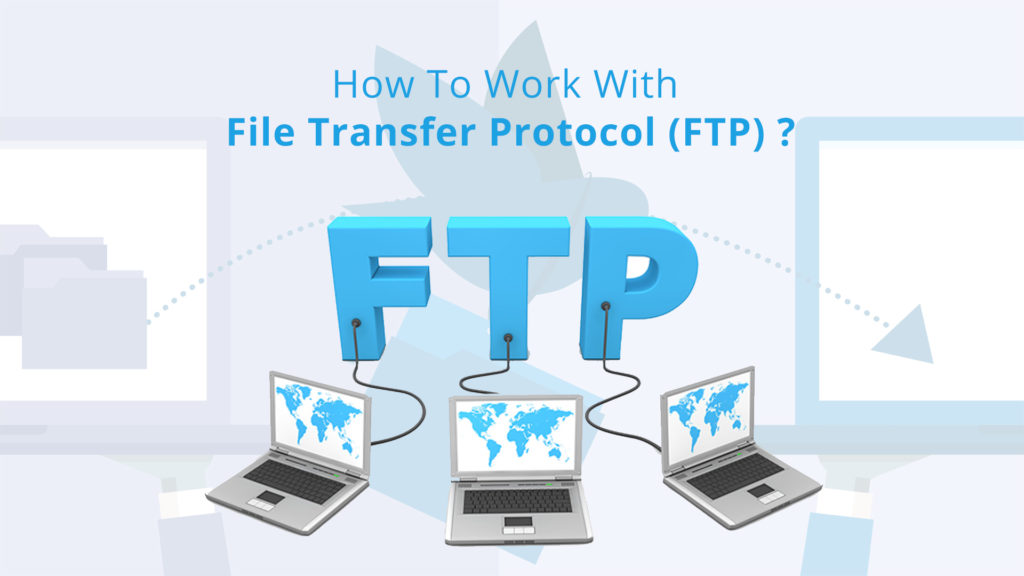In today’s fast-paced business world, confidentiality is often paramount. Protecting sensitive information, trade secrets, and proprietary data is crucial for maintaining a competitive edge and fostering trust in professional relationships. Non-Disclosure Agreements (NDAs), or confidentiality agreements, are the legal instruments that help businesses safeguard their confidential information. This guide delves into the world of NDA templates and explores how the Plexus NDA template can be your shield in the battle to protect personal information.
Table of Contents
Understanding the Power of NDAs
Non-Disclosure Agreements (NDAs) are legally binding contracts that establish a confidential relationship between the parties involved. These agreements serve as a safeguard, preventing one or more parties from disclosing certain information to outside entities or the public. NDAs are versatile and can be used in various scenarios:
- Business Partnerships: When two companies consider a merger or partnership, they may share sensitive financial data, trade secrets, or strategic plans. An NDA ensures this information remains confidential during negotiations.
- Employee Contracts: Companies often require employees to sign NDAs, especially if their roles involve access to proprietary information. This prevents employees from sharing or using confidential information for personal gain.
- Intellectual Property Protection: Whether it’s a new invention, software code, or creative work, NDAs help protect intellectual property during collaborations or negotiations with third parties.
- Vendor and Supplier Relationships: When outsourcing or contracting with suppliers, companies may share confidential information about product specifications, pricing, or business strategies. NDAs ensure this information is kept confidential.
The Plexus NDA Template Advantage
When it comes to crafting ironclad confidentiality agreements, the Plexus NDA template stands out for several reasons:
- Legal Compliance: The Plexus NDA template is carefully crafted to adhere to the legal requirements of confidentiality agreements in various jurisdictions. This means you can use it confidently, knowing it complies with relevant laws.
- Customizability: Not all NDAs are created equal, as the specific terms and conditions can vary widely based on the nature of the information and the parties involved. Plexus offers a customizable NDA template to tailor the agreement to your unique needs.
- Comprehensive Protection: The Plexus NDA template covers all essential elements of confidentiality, including the definition of confidential information, obligations of the receiving party, the duration of privacy, and dispute resolution mechanisms.
- Clarity and Simplicity: Legalese can be intimidating, but Plexus’s NDA template is designed to be clear and straightforward. You don’t need a law degree to understand its terms and implications.
- Expertise: Plexus is a legal tech platform that combines legal expertise with technology. Their NDA template reflects legal professionals’ best practices and knowledge, ensuring robust protection.
Critical Elements of a Strong NDA
While the Plexus NDA template simplifies the process, it’s essential to understand the critical elements that make an NDA solid and effective:
- Definition of Confidential Information: Clearly state what constitutes confidential information? This could include business plans, financial data, product designs, customer lists, or any information you want to protect.
- Obligations of the Receiving Party: Describe the responsibilities of the party receiving the confidential information. This typically includes maintaining confidentiality, not disclosing the information to third parties, and using it only for the specified purpose.
- Duration of Confidentiality: Specify how long the confidentiality obligations will last. Typical durations range from one to five years, but they can vary depending on the circumstances.
- Permitted Disclosures: Outline situations where the receiving party is allowed to disclose confidential information. These may include disclosures required by law or with the consent of the disclosing party.
- Consequences of Breach: Clearly state the consequences of breaching the NDA. This can include monetary damages, injunctive relief, or other remedies.
- Governing Law and Jurisdiction: Indicate the jurisdiction and laws that will govern the NDA. This is particularly important for international agreements.
- Dispute Resolution: Specify how disputes related to the NDA will be resolved, whether through negotiation, mediation, or litigation.
Using the Plexus NDA Template
Crafting an NDA using the Plexus template is a straightforward process:
- Choose Your NDA Type: Plexus offers templates for various types of NDAs, including mutual (two-way) and unilateral (one-way) agreements. Select the one that suits your needs.
- Fill in the Details: Enter the relevant information, including the names and addresses of the parties involved, a description of the confidential information, and the duration of confidentiality.
- Customize the Terms: Tailor the template to your specific requirements by adding or modifying clauses as needed. Plexus’s user-friendly interface makes this easy.
- Review and Finalize: Review the completed NDA to ensure it accurately reflects your agreement. Once you’re satisfied, you can finalize and download the document.
Conclusion:
In conclusion, NDAs are powerful tools for protecting sensitive information in today’s business landscape. The Plexus NDA template provides a reliable and customizable solution to craft robust confidentiality agreements that stand up to legal scrutiny. By understanding the critical elements of a strong NDA and using Plexus’s user-friendly platform, businesses can confidently navigate the complexities of confidentiality, ensuring their most valuable information remains secure.

